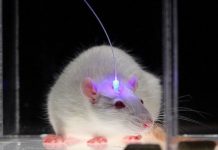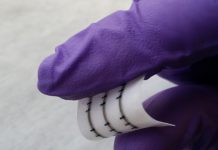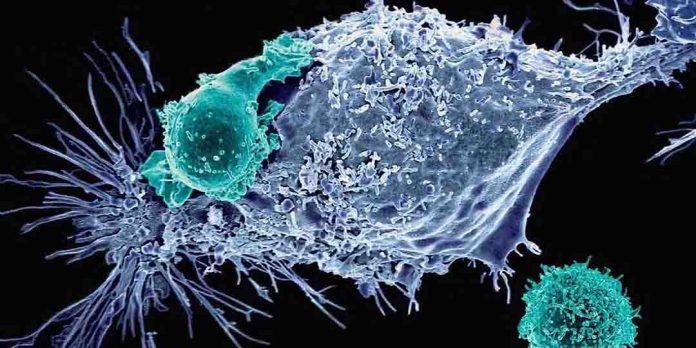According to the China’s National Central Cancer Registry, Esophageal cancer is amongst the most common forms of cancer in China. Like many different types, cancer of the esophagus may be treated with chemotherapy. However, as is also true of other forms of cancer, chemotherapy isn’t always successful. In China, and all over the world, there’s a great need for the development of new treatments.
Dr. Shixiu Wu, president of the Hangzhou Cancer Hospital, has tested a considerably new treatment that takes a patient’s T-cells from the body, genetically edits them to target cancerous cells, then places the altered cells back. If the method sounds at all familiar, it’s probably because utilizing T-cells in this manner was approved by the U.S. Food and Drug Administration back in August 2017.
The other research involving modified T-cells to battle cancer doesn’t decrease the impact of Wu’s work, though. In fact, Wu believes the research is among the most advanced involving CRISPR in China. Presently, Wu’s T-cell therapy is being tested on 21 individuals with advanced Esophageal cancer that didn’t respond to other remedies. To date, 40 percent of his patients have responded positively to the new treatment.
“If they haven’t received this treatment they will die — most of them will die in three to six months,” Wu told NPR.
There are those, like Lainie Ross a bioethicist at the University of Chicago, who’re worried about the experiments in China; primarily because the nation’s medical research isn’t as regulated as it’s elsewhere. Ross informed NPR there’s concern that Chinese doctors and researchers might be rushing the experiment along, placing their patients in danger.
“My concern is: Are we really ready? There is a lot about CRISPR that we don’t understand,” Ross told NPR. “We might be doing more harm than benefit. We have to be very, very cautious. This an extremely powerful tool.”
The Chinese Researcher’s Response
In response to concerns expressed in regards to the research, Wu has made clear that patients are informed concerning the risks of the treatment beforehand — and many of them consent to receive it regardless of them. “Chinese patients want to be cured very much,” Wu stated. “There’s a Chinese saying: A living dog is better than a dead lion. So patients are willing to attempt new cures. That’s why the ethics committee and the lab are very optimistic about this.”
YOU MAY LIKE: Personalized Cancer Treatment 2.0: New Combination Strategy Developed
Wu has since started treating patients with different forms of cancer as well, particularly pancreatic cancer. “We [are] just beginning. We should improve it to get extra benefits for the patients,” he stated. “If you don’t try it, you’ll never know.”















































